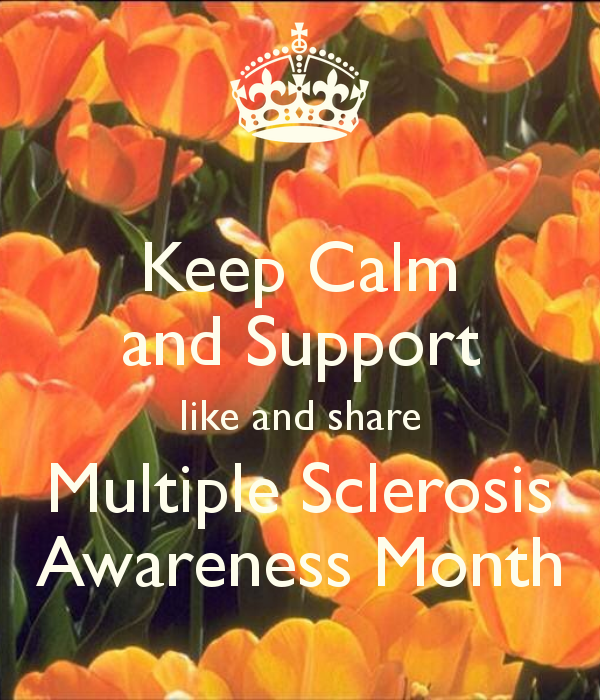Leonie Martin has relapsing remitting multiple sclerosis (MS). She resigned from her job in management seven years ago after a series of relapses and cognitive problems left her unable to carry out her role. She explains how she learnt to manage her symptoms.
“When I was diagnosed with MS I tried to ignore it. I had a busy, hectic lifestyle and a well-paid job in office management at a local school.
“I thought I’d be able to manage my MS and that my lifestyle wouldn’t have any effect on my symptoms, but problems soon started to occur. I would be in the middle of an important presentation when my mind would suddenly go blank. I found concentrating extremely difficult; if I was interrupted while in the middle of something, I would need to start from the beginning again.
“I lost the ability to delegate work to my staff, mainly because I couldn’t keep track of what I’d asked, and I began taking unfinished work home so I could concentrate on it in the evening. I could no longer multi-task and gradually lost all sense of perspective – I would regularly break down in floods of tears at my desk, which was unsettling for my colleagues.
“I knew the problems were connected to my MS, as I’d been doing the job very capably for years – and I think it was because of this that my employer and colleagues struggled to understand. I became anxious, paranoid and depressed, and two years after my diagnosis, decided to leave work. At the time, I was having three relapses a year and my neurologist prescribed me weekly beta interferon injections.
“Following a full neuropsychological assessment by a specialist, I became involved in a cognitive behavioural therapy (CBT) pilot study. The course helped me understand more about managing my symptoms and showed me how to focus more on what I could do rather than what I couldn’t. I learnt to pace myself more and be kinder to myself – refraining from getting angry when I forgot to do something.
“I found that by splitting my day into three sections – morning, afternoon and evening – I could manage my fatigue, and therefore my cognitive problems and mood swings. Now I know that I can’t do something in all three sections, so if I’m out to dinner with friends on an evening, I’ll sleep in the afternoon. I also try to exercise more, but have to ensure I build in a rest period afterwards.
“I’ve learnt more about the types of fatigue and now understand that applying a lot of concentration to something for a period of time can be as exhausting as standing all afternoon. I need to get the right balance and think about my daily choices.
“I’m now self employed as a freelance writer – it’s flexible and has reduced my stress levels and relapses. I haven’t had a major flare-up in three years, but understandably it’s had a major impact on the family in terms of finances.
“Cognitive behavioural therapy worked for me – but it’s not a magic wand. You need to be open-minded and want to learn how to get the best out of your own circumstances. You also have to be prepared to commit time and energy, both during the sessions and at home in between.
“I wish I had known about CBT earlier – I learnt to deal with my symptoms the hard way, but I’m happy that I’ve now found the right balance.”
